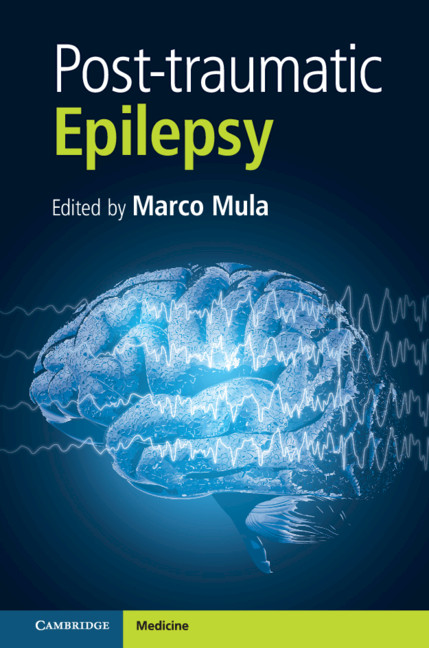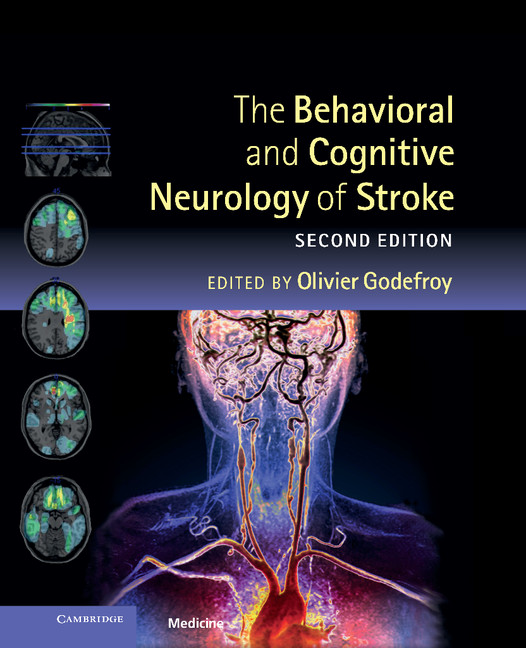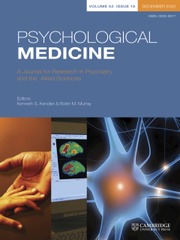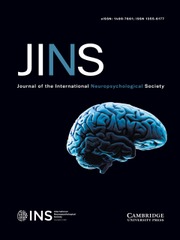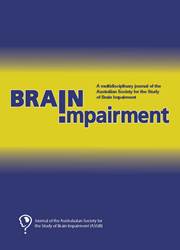Brain Repair After Stroke
Increasing evidence identifies the possibility of restoring function to the damaged brain via exogenous therapies. One major target for these advances is stroke, where most patients can be left with significant disability. Treatments have the potential to improve the victim's quality of life significantly and reduce the time and expense of rehabilitation. Brain Repair After Stroke reviews the biology of spontaneous brain repair after stroke in animal models and in humans. Detailed chapters cover the many forms of therapy being explored to promote brain repair and consider clinical trial issues in this context. This book provides a summary of the neurobiology of innate and treatment-induced repair mechanisms after hypoxia and reviews the state of the art for human therapeutics in relation to promoting behavioral recovery after stroke. Essential reading for stroke physicians, neurologists, rehabilitation physicians and neuropsychologists.
- Includes basic science and clinical applications, giving readers a complete view on the topic
- Includes expertise from internationally renowned authors, giving readers an authoritative overview
- Includes clinical trial and translational aspects of the topic in order to define new therapies that medical professionals can use to reduce disability after stroke
Product details
November 2010Hardback
9780521515337
302 pages
253 × 195 × 18 mm
0.82kg
46 b/w illus. 8 colour illus.
Available
Table of Contents
- 1. Motor map plasticity: a neural substrate for improving motor function after stroke Jeffrey A. Kleim and Susan Schwerin
- 2. Molecular mechanisms of neural repair after stroke S. Tom Carmichael
- 3. Behavioral influences on neuronal events after stroke Theresa A. Jones and DeAnna L. Adkins
- 4. Post-stroke recovery therapies in animals G. Campbell Teskey and Bryan Kolb
- 5. Environmental effects on functional outcome after stroke Barbro B. Johansson
- 6. Functional and structural MR imaging of brain reorganization after stroke Maurits P. A. van Meer and Rick M. Dijkhuizen
- 7. Stroke recovery in non-human primates: a comparative perspective Randolph J. Nudo
- 8. Issues in translating stroke recovery research from animals to humans J. Leigh Leasure, Andreas Luft and Timothy Schallert
- 9. Brain events in the acute period of stroke in relation to subsequent repair Rüdiger J. Seitz
- 10. Changes in cortical excitability and interhemispheric interactions after stroke P. Talelli, O. Swayne and J. C. Rothwell
- 11. Human brain mapping of the motor system after stroke Nick S. Ward
- 12. Recovery from aphasia: lessons from imaging studies Cornelius Weiller and Dorothee Saur
- 13. Brain mapping of attention and neglect after stroke Alex R. Carter, Gordon L. Shulman and Maurizio Corbetta
- 14. Depression and its effects after stroke Thomas Platz
- 15. Epidemiology of stroke recovery Samir Belagaje and Brett Kissela
- 16. Issues in clinical trial methodology for brain repair after stroke Steven C. Cramer
- 17. Neuropharmacology in stroke recovery Isabelle Loubinoux and François Chollet
- 18. Robotic approaches to stroke recovery David J. Reinkensmeyer
- 19. Electromagnetic approaches to stroke recovery Gottfried Schlaug and Leonardo G. Cohen
- 20. Intensive physical therapeutic approaches to stroke recovery Steven L. Wolf and Carolee J. Winstein
- 21. Cognitive approaches to stroke recovery Valerie M. Pomeroy, Stephen J. Page and Megan Farrell
- 22. Electrical stimulation approaches to stroke recovery John Chae and Leigh R. Hochberg
- 23. Growth factors as treatments for stroke Seth P. Finklestein and JingMei Ren
- 24. Cellular approaches to stroke recovery Yi Li and Michael Chopp.




